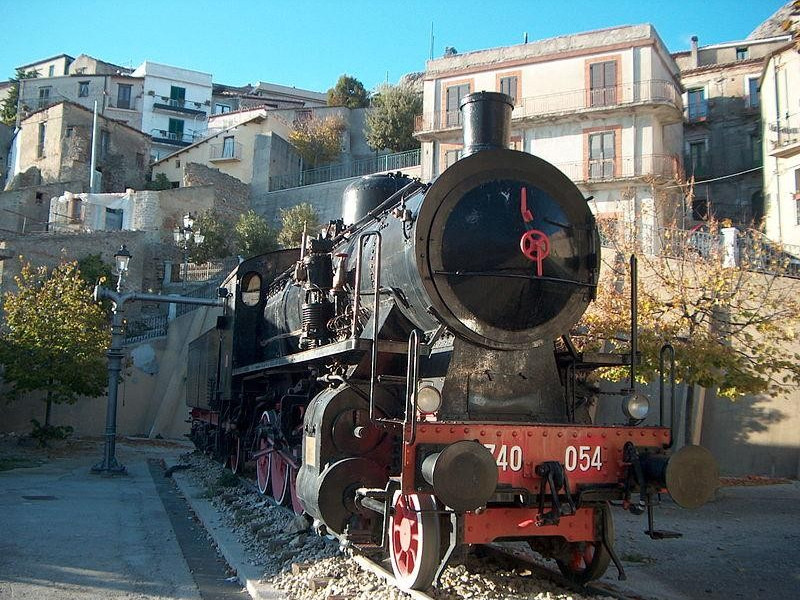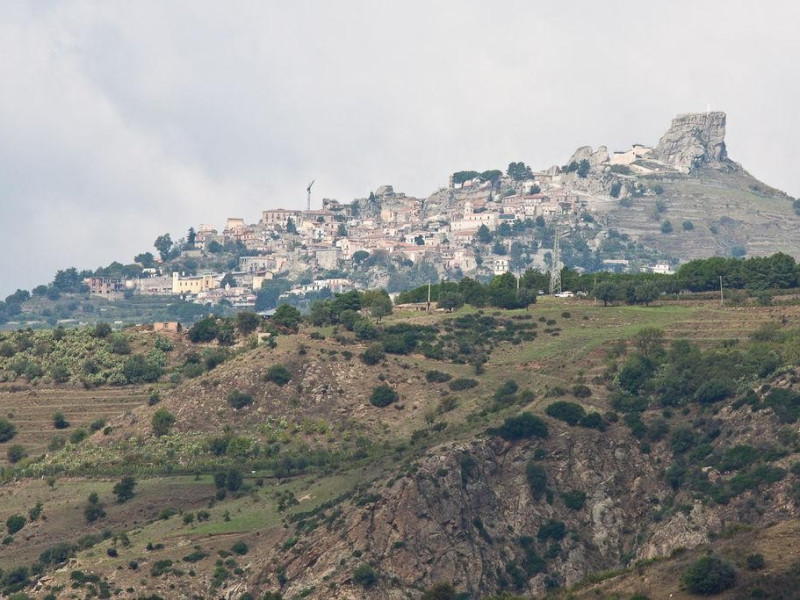Borgo di Bova
Summary
- * Agostino Formica, Pietro Monteleone (a cura di), La minoranza di lingua greca di Calabria. Percorsi, segni e disegni d'insularità, Quaderni IRRSAE Calabria, 1996.
- * A. Catanea Alati, Le origini di Bova e del suo nome, Grottaferrata, 1969
- * Filippo Violi, Storia della Calabria Greca,Reggio Calabria, 2006
Bova is the cultural capital of "Bovesìa", the Grecanic area of Calabria, which has about 13.000 inhabitants located throughout the area of Reggio Calabria. The Village is also in the circuit of "The Most Beautiful Villages in Italy". Bova has very ancient origins: in the perimeter of the Castle, were found shards of obsidian certifying the trade with the primitive inhabitants of the Aeolian Islands (fourth millennium BC). According to the legend, the Village was founded by an Armenian queen, who would lead her people on the ancient Vùa Mountain, from which derives the name Bova (suitable place to shelter oxen). In the coat of arms representing the ox, in Christian times was added the Madonna and Child. From the ninth century, Bova was constantly besieged by the Saracens, so it became necessary the fortification of the city through two towered gates. The acropolis of the Village was made up of the old Cathedral, the Bishop's Palace and the noble palaces. In Bova, is held every year the "Festival of Grecanic Music" (Paleariza), the most attractive artistic for the Greeks of Calabria. The instruments used have strong characters of antiquity and are endangered, so they're not just material objects, but for the cultural substratum which refer, are true symbols related to the agro-pastoral environment: built, disseminated and played by the same musician during social and liturgical occasions. The "Path of Rural Life" is an outdoor Museum that winds through the streets of the Village, where are the tools of the peasant culture, in order to promote a civilization that has endured through the centuries to the invasions, disasters, the modernity and continues to represent an excellence of Calabria.


